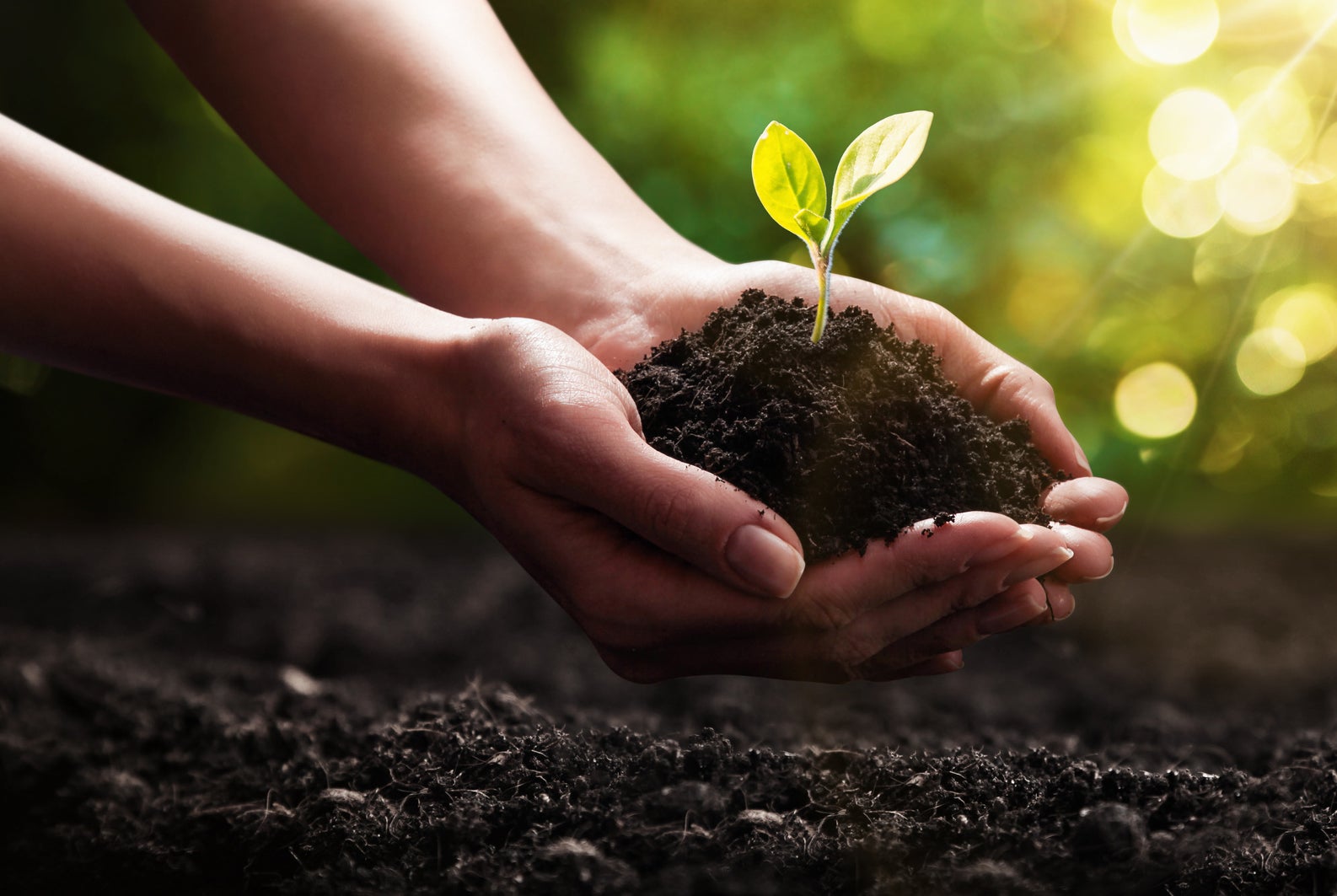Let’s stop treating soil like dirt – all life relies on the ecosystems under our feet
Instead of pouring chemicals into the world’s magnificent muddy habitats, let’s protect them, writes Natalie Bennett


In his collection of verse The Soil Never Sleeps, Adam Horovitz refers to the power of the “microscopic multiverse” where “all the sciences work as one” to generate heat like that of “a phoenix’s rebirthing flame”.
It’s a flame that globally, and nationally, has been greatly dimmed by human destruction – artificial fertilisers, herbicides and pesticides, industrial monoculture and destructive cultivation with ever-bigger and heavier machines.
That dimming is described by the Food and Agriculture Organisation (FAO) in its major report on soil biodiversity marking World Soil Day on 5 December. The FAO says that soil biodiversity is crucial to delivery of the United Nations Sustainable Development Goals, international agreements on biodiversity, desertification and climate change, and will be “pivotal” to the UN Decade on Ecosystem Restoration (2021-30).
The report is a new high point in scientific progress – you could call it a “soil revolution” – that dates back little more than a decade. For most of the 19th and 20th century, life in the soil was a subject little studied and considered. Sure Charles Darwin was big on earthworms, and anybody with an allotment could tell you they were a measure of soil health, but that was almost as far as it went.
We’ve come a long way in understanding the teeming life beneath our feet, the billion organisms in a teaspoon of healthy soil, from cuddly looking tardigrades to vigorous springtails, to the “wood-wide web” that allows trees to work communally for their common good.
Yet our knowledge and understanding is still limited and incomplete. This should be of concern to us all as we make crucial policy decisions about the future of our farms and landscapes in the UK and as the government, finally, begins to engage with the urgency of action in this climate emergency and talk of “nature-based solutions” to it.
There’s a couple of key risks in the current approach. One is that the focus on “public money for public goods” in the Agriculture Act is focused on looking after the “best bits” – areas kept or restored to be rich in wildlife - heavily funded while the bulk of the land continues to be trashed for industrial, large-scale agriculture producing inputs for the unhealthy, processed food that the supermarkets supply far too much of.
A second is that our current destructive methods of industrial agriculture are maintained, and even further intensified. Worryingly, there is only a mere mention of “agroecology” in the Agriculture Act. Yet it is this approach of working cooperatively with nature that will allow us to reap the benefits of healthy soil and create large amounts of diverse fruit and vegetable crops.
More and more farmers are coming around to this viewpoint, yet so much more needs to be done to allow farmers to grow food in the way they see is more beneficial to the earth as well as for us.
I’ve no doubt many government officials understand the need for agroecology, but the grasp of it at the top political levels is hard to see. And the core problem remains that however much farmers see the need to change, supermarkets and multinational food producers act to drive down prices, and cut off options.
But there is hope – and growing community action and understanding. To mark World Soil Day today, UK Soils has launched with an informative website that charts new approaches to soil health in our nations.
It also, I’m pleased to report, looks at the soil in culture, history and the arts, a reminder that poets like Horovitz were once not so unusual. Lives used to be far more connected to the soil. It’s a creative connection we need to restore, to fan that flame of soil energy on which all life, including human life, is ultimately dependent.
Natalie Bennett is a Green Party peer




Join our commenting forum
Join thought-provoking conversations, follow other Independent readers and see their replies
Comments